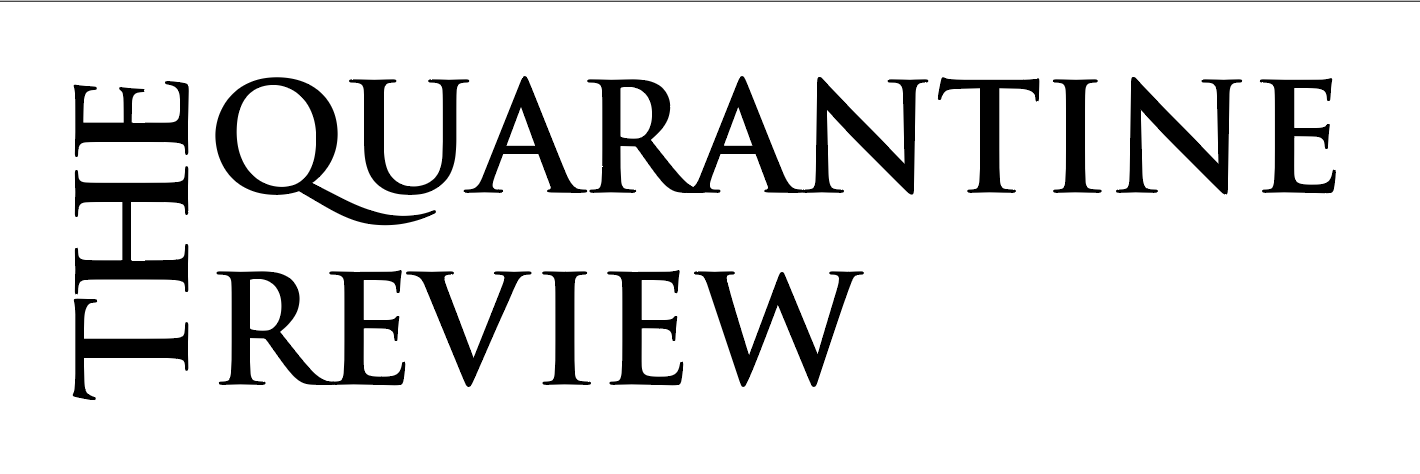No Justice, No Peace
Editor’s note, Issue 2
From the beginning of our self-isolation, we knew that there would be opportunity for great reflection, and perhaps, change. We were all in it together, and like similar moments in history, we could renew the movement for collective benefits and shared prosperity, as our grandparents had during the Great Depression and in the wake of World War Two.
It was, however, unfathomable to many outside of the Black community that tragedy after tragedy would strike and spark the desire for change that we are witnessing now. But for Black and Indigenous communities, the tragic deaths of George Floyd, Regis Korchinski-Paquet, and Chantel Moore were not uncommon. The police being called on Christian Cooper for essentially birding while Black was not a one-off. That justice has been denied to Breonna Taylor or that Chief Allan Adam could suffer a brutal beating at the hands of the RCMP serves as a reminder that the rights and freedoms in our society are not meted out equally.
The rest of us are waking up. Perhaps it is because our lives have been so disrupted, or that we are captive audiences to this atrocious injustice, or that more of us are feeling vulnerable as we never have before. Whatever the reason, we are paying attention and we are acting. We are saying that we will no longer provide authorities with what they need to overstep their power: silence and apathy.
Martin Luther King Jr., in his “Letter from a Birmingham Jail,” lamented “the white moderate who is more devoted to order than to justice.” Many of us have been that moderate, that person propping up a white supremacist system, not because we are devout supremacists (or even white), but because we were raised to play by the rules in place—too busy trying to win at the game that elevates some at the debilitating expense of others. While #WeSeeYou is trending on Twitter as a term of support, what we really see is ourselves, our own inaction, our own history of putting the interests of ourselves ahead of the needs and rights of others. No more. No justice, no peace. We need change, we need transformation.
In this issue, we hope to take that desire for change and feed it with inspiring voices and a range of ideas. We sought out politicians and policymakers, academics and activists, writers and businessmen and we asked them about what it takes for real change to happen. At a time when social media is full of posts demanding that we defund the policy and dismantle the white supremacist infrastructure that underpins our society, we wanted to continue that momentum and provide it greater focus.
As Dr. Laura Mae Lindo points out, our society was built on laws that selectively recognized the humanity of those that were subject to them. Dr. Mustafa Santiago Ali reminds us that we have built a world where diseases and disasters disproportionately affect communities of colour. We see that biases in the education system, biases in law enforcement, and biases in media cement whiteness as the default and communities of colour as “the other.” We hope that in exploring where systemic racism is pervasive, we can help push for change that is sorely needed.
As our cities open up and our lives take on a modified version of “normal,” we cannot forget and return to the world where unarmed racialized people are beaten and killed by police while the rest of us binge-watch and brunch. To quote Martin Luther King Jr. a second time, “In the end, we will remember not the words of our enemies, but the silence of our friends.”
We are galvanized in a way we haven’t been before, and it is our collective power that can change static forces that have kept racial hierarchies in place.

